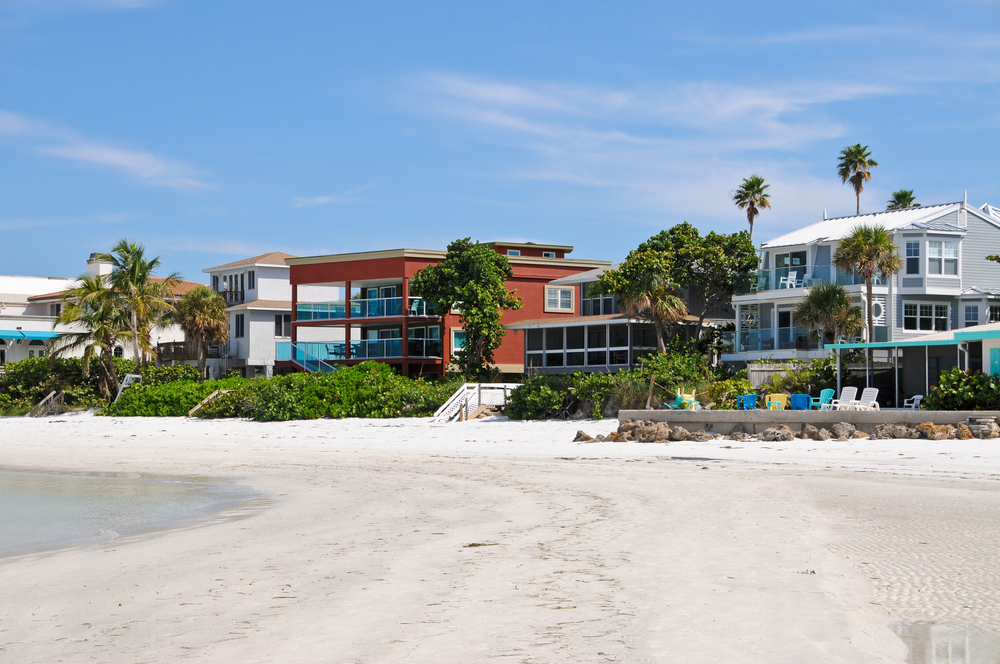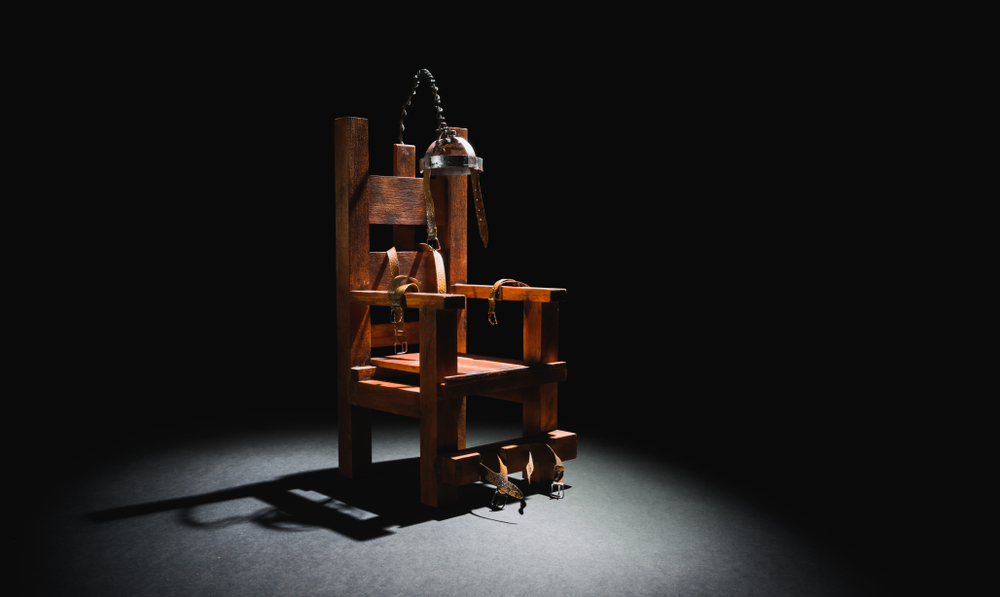Homeowners tempted to join the sharing economy should carefully research their local laws and regulations before renting out a room or their whole house for a weekend. Most areas have some sort of regulation for short-term rentals, ranging from a complete ban with fines in the thousands of dollars, to little or no regulation at all.
Short-term rentals, or STRs, are an increasingly popular, lucrative and often disputed use of residential property and have become a legal battleground in towns and states throughout the country, often pitting homeowners against each other and resulting in zoning turf battles between local and state governments.
Related: Quick tips when renting your home to vacationers
Online booking services such as Airbnb, Vrbo and HomeAway are also both the sources of and targets in ongoing legal battles.
RELATED: Your privacy is disappearing, and you’re helping it along
RELATED: Title theft is not the problem, despite ad claims
The industry’s exponential growth over the past five years has shaken up both the traditional tourist industry and the daily lives of people living in residential neighborhoods.
Lake Placid, N.Y., requires homeowners who utilize online booking services to obtain a permit and meet off-street parking and septic requirements.
In February, the town debated requiring homeowners to be present when hosting vacationers and banning vacation rentals in residential neighborhoods for more than 90 days annually.
Tatyana Reinboldt moved there from Iowa, entranced by the year-round activities and beauty of the Adirondack Mountains resort. She hoped to rent rooms to vacationers to reach her dream of owning a home and opposed a time limit.
Dr. Ray Havlicek, a 40-year area resident, felt very differently.
“You have people coming into the community, buying up property to rent it out. [This] is jacking up the cost of real estate and making it unaffordable for people who want to work here or live here,’’ he said. “That has got to stop.”
According to a recent study by CBRE Research, in 2019 STRs accounted for more than 10 percent of the U.S. transient visitor rooms and totaled a $115 billion industry.
At the time, Los Angeles, New York City and Orlando were the largest markets, accounting for 12 percent of STR bookings.
This changing face of residential neighborhoods has led inevitably to myriad lawsuits filed by and against all types of parties involved in this new and growing sharing economy.
The U.S. Constitution’s Fifth and 14th Amendments guarantee rights related to ownership and use of private homes and commercial property.
Constitutional challenges provide a vehicle for defining these rights. Such challenges often result in courts, legislatures and municipalities limiting a home’s size, placement, use and even the activities of its inhabitants.
Florida’s a battleground
This debate over the issue of home rule prompted a lengthy discussion in February among representatives of a number of beach communities in Pinellas County, on Florida’s gulf coast.
Attorney Jay Daigneault, who served several local governments, called a then-pending change to state law a “death knell to local control of zoning.” It would have strengthened the ability of property owners to sue their local governments over decreased property values caused by zoning or other property rule changes.
A month later, the bill failed in the state Senate’s judiciary committee. Another bill that would have actually put the state in charge of regulating short-term rentals also failed in the Florida Legislature this year.
Meanwhile, Airbnb sued both Miami Beach and Palm Beach County over rules governing short-term rentals and, according to WIRED, spent a half-million dollars to challenge regulations there, as well as in San Diego and Boston.
Meanwhile, a Miami-Dade circuit judge tossed out a Miami Beach law that fined homeowners up to $20,000 for using Airbnb to rent their homes.
Money matters
Legal actions often relate to economics: The higher the monetary value of an activity, the higher the legal stakes.
According to a University of Central Florida study, in 2018 Florida’s vacation home rentals produced $16.6 billion in direct spending, another $10.8 billion in indirect spending, and about 115,000 jobs.
STR legal actions usually focus on whether private homes in residential neighborhoods can or should become, in effect, transient hotels.
“This is our home. We have to wake up in the morning… we have to be productive citizens. And it’s hard to do when you’re under stress,” Tammy Alvarado, a Temecula, Calif. resident, told her city council in January. Four STRs are near her home.
She and other residents complained that vacationers often stay up late, party loudly outside by a pool or jacuzzi, and disrupt their otherwise peaceful neighborhoods.
Three years of growing complaints finally convinced the Temecula council to impose a $1,000 fine on homeowners who violate the town’s rules barring short-term rentals in residential areas.
In February, a Colorado legislator suggested taxing residential properties as commercial properties. That bill did not pass.
Wisconsin is a generally STR-friendly state, allowing homeowners to convert their properties into short-term rentals.
Lake Geneva, Wis., controls the growth of its STRs by levying an annual permit fee. In reaction to a lawsuit filed by a group of property owners, the city is now considering reducing its vacation home fee from $2,000 a year to $750 annually.
Georgia is trying to crack down on STRs by forcing the online industry to pay state and local sales taxes on rental income. Several lawsuits have resulted from this new law.
A group of homeowners in New Braunfels, Texas, are suing their city in federal court to challenge a ban on short-term rentals as unconstitutional.
The lawsuit describes the ban as “arbitrary,” “irrational,” and claims it is in violation of state law. Korey Rohlack, one of the plaintiffs, is an airline pilot who is away from his home for days at a time. By renting to vacationers, he says he would be more able to pay his mortgage and taxes and “support his elderly parents who live nearby.”
Last year, the state’s Third Court of Appeals found that a similar ban imposed in Austin was unconstitutional and “significantly affects property owners’ substantial interests in well-recognized property rights.”
The coronavirus has disrupted the short-term rental industry nationwide, forcing many rental units to temporarily close and prompting a whole new series of lawsuits from homeowners damaged by lost revenues.
Now that tourist areas and the courts are beginning to reopen, the legal battles likely will continue as governments and courts decide where to draw the line between homeowners’ rights to a peaceful and undisturbed life and the rights of homeowners to gain a monetary value from their home.














